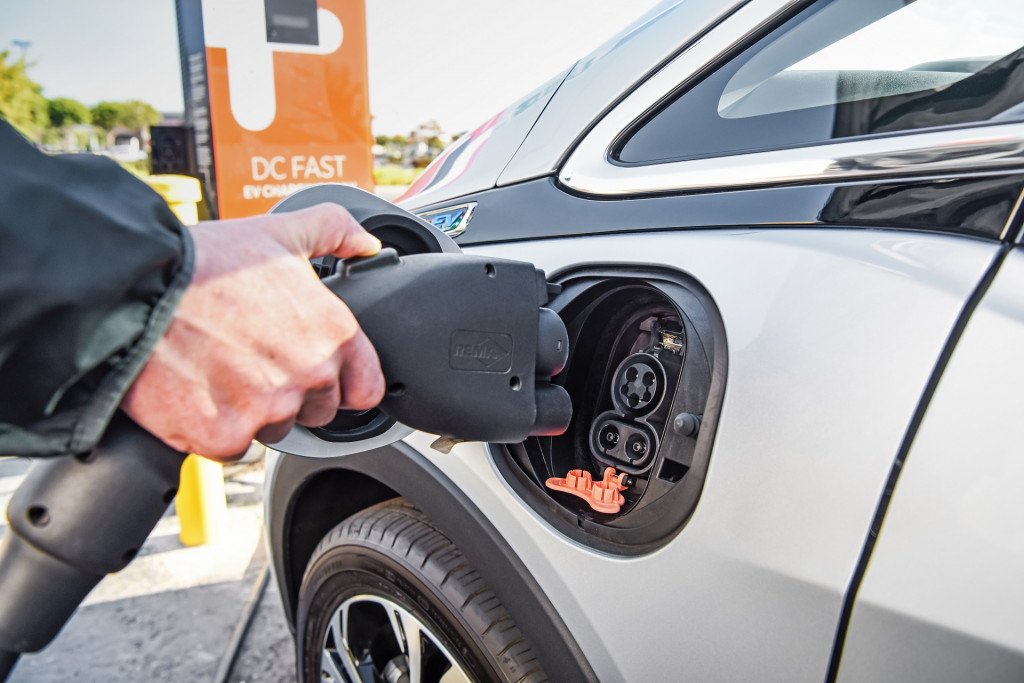Predictions range all over the map on when electric-car sales are going to take off, depending on whether you're talking to a Wall Street bull or bear, what happens to gas prices, and even who's in office.
With that in mind, we thought we'd ask our Twitter followers with an interest in electric cars how soon they think electric cars might become mainstream.
Perhaps predictably, a majority of participants thought that electric cars are likely to come faster than most people think.
LEARN MORE: Plug-in electric car sales fall in Jan after year-end surge
Only a little more than a quarter of poll respondents thought electric-car adoption may lag most people's expectations by a little or a lot.
In large part, whether you think electric cars are coming faster or more slowly than most people think depends on how global your outlook may be.
If you're talking to people who look at worldwide regulations, you're likely to think they're coming pretty quickly—based on increasingly stiff requirements in China, Europe, and California.
Electric-car growth predictions vary enormously Will it be:
— Green Car Reports (@GreenCarReports) April 2, 2018
Among Green Car Reports readers, that may explain why so many—57 percent in our Twitter poll—expect electric cars to arrive much more quickly than most people expect.
(An earlier poll showed that 44 percent of participants in one Green Car Reports poll already own an electric car.)
Another 19 percent think it won't be quite that fast, but that EVs will still become mainstream "somewhat" sooner than most people expect.

Two 2018 Nissan Leafs with EVgo fast charger at NJ Turnpike Molly Pitcher travel plaza, Feb 2018
What about the 15 percent who think that it will be a little slower than most people expect?
They may be talking to a different group of "most people."
If "most people" includes car salespeople, Wall Street analysts who follow traditional automakers, or a lot of consumers in the market for a new car, you may feel that electric cars are coming more slowly than most (of your) people expect.
DON'T MISS: Take our new Twitter poll: Which version of the Honda Clarity would you most like to buy?
That's because traditional automakers disseminate information and marketing to many of those audiences that supports the vast resources they have invested in producing internal-combustion cars and the gasoline engines that power them.
The rate of adoption for electric cars also varies depending on gas prices.
When prices are high, more car buyers consider alternatives such as electrics. When they go down, fewer buyers have a reason to consider alternatives.

2018 Chevrolet Bolt EV
Gas prices depend on a lot of things, but—like stock prices—one key factor is public sentiment. And that can have a lot to do with what you mean by "electric car": is it a plug-in hybrid, or only a pure battery-electric vehicle?
The Trump administration has been rolling back efforts not only to promote electric cars, but also to measure their progress. Hearing that may make some poll-takers less optimistic about the future of electric cars.
With this question, it's especially important to remember, as always, that our Twitter polls are far from scientifically valid, due to small sample size and self-selection by those who choose to participate.












